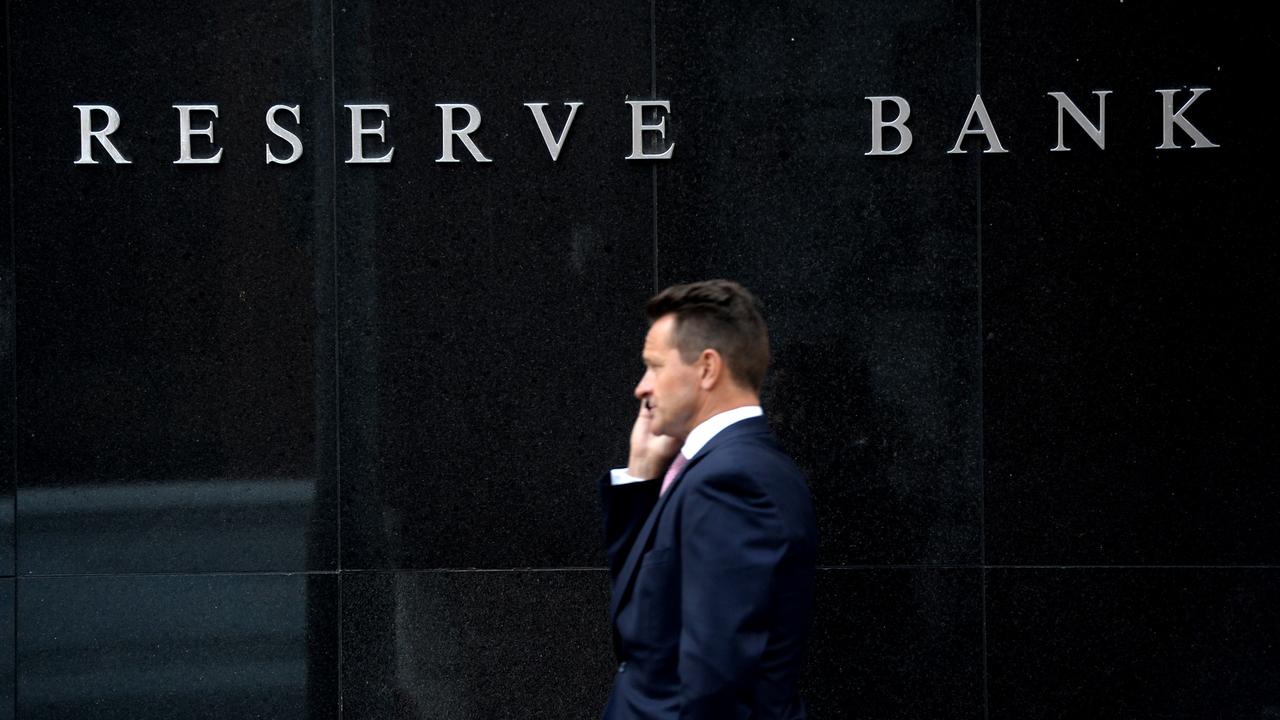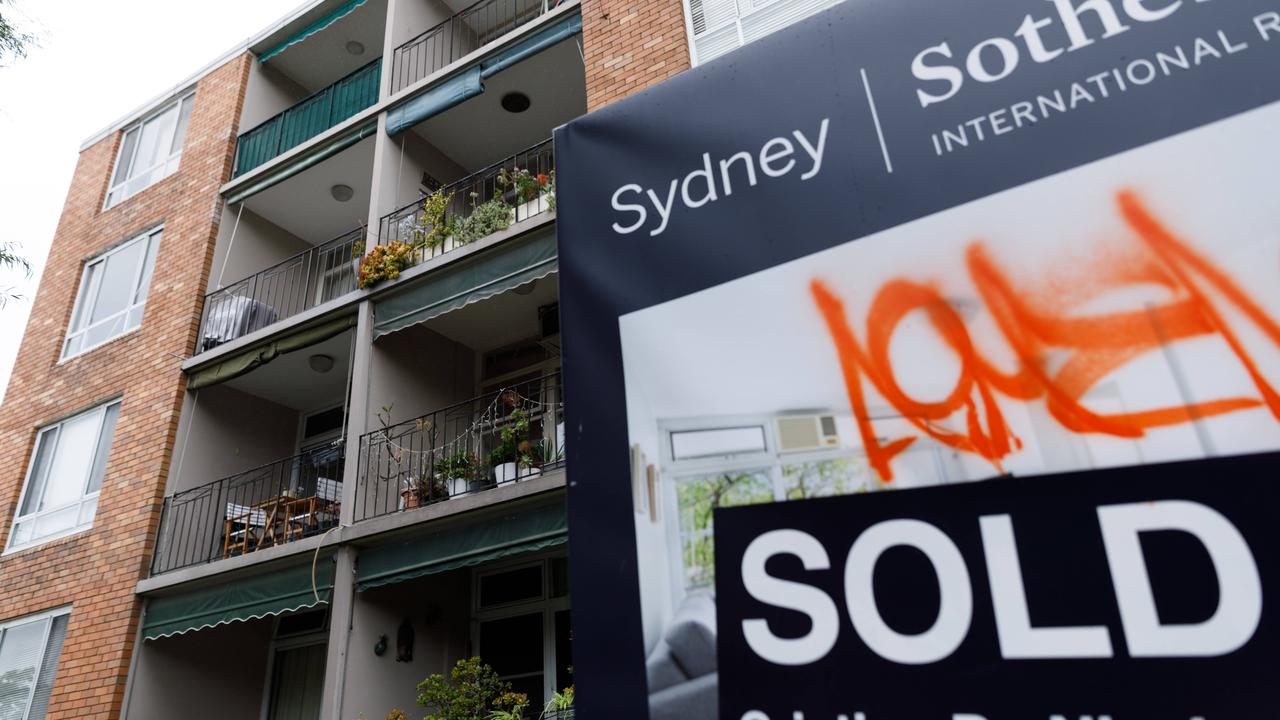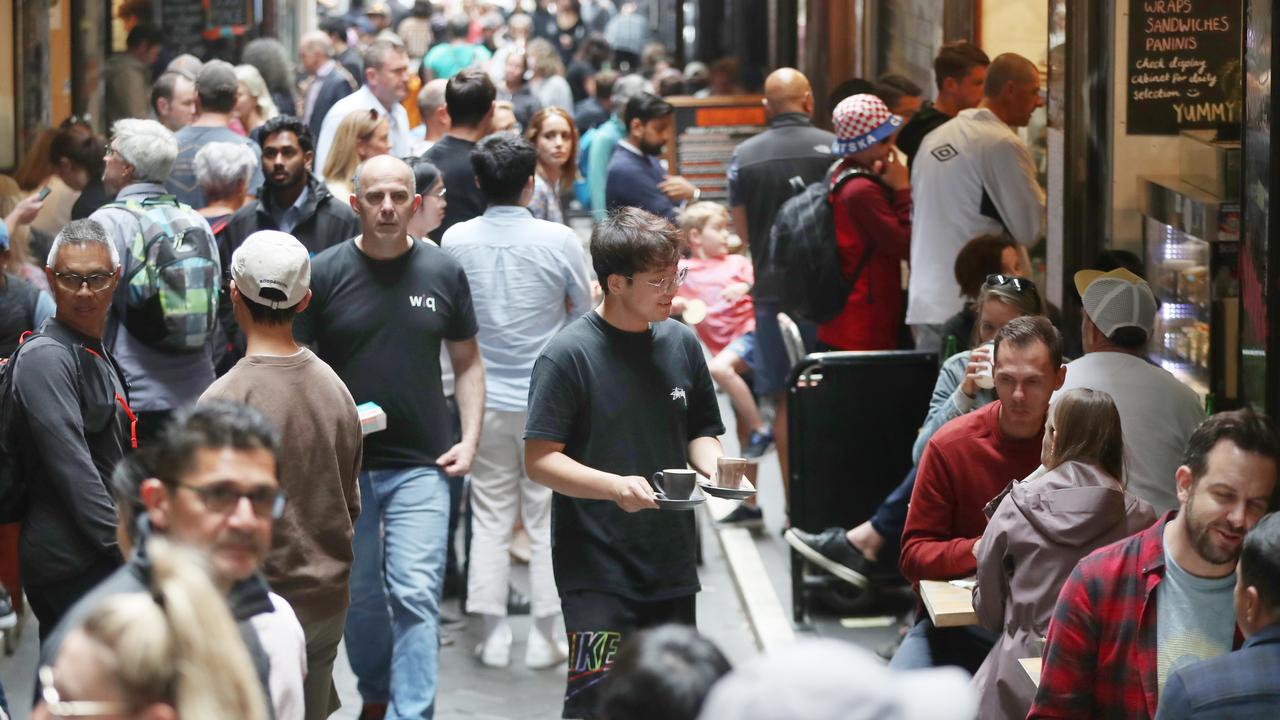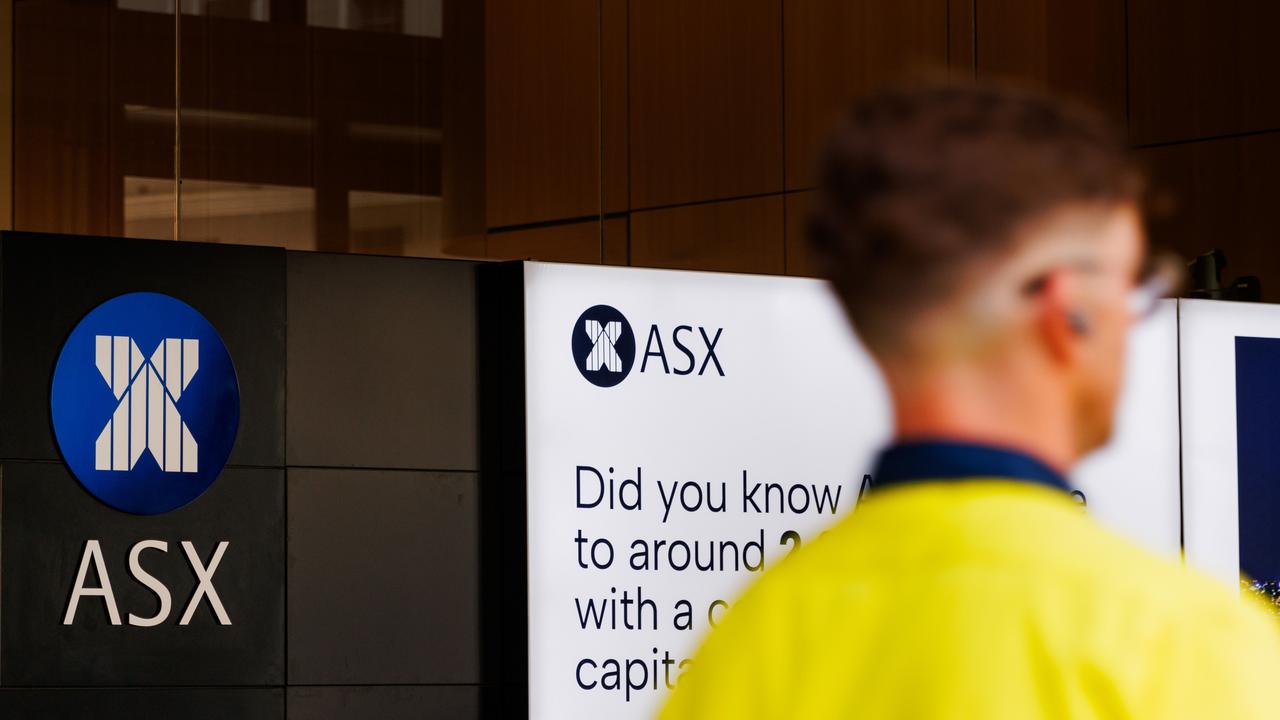Card purchases attract $1.9bn in scheme fees, prompting transparency calls
The “complex and opaque” charges have added to calls for greater transparency by the Reserve Bank.

Business Breaking News
Don't miss out on the headlines from Business Breaking News. Followed categories will be added to My News.
Card purchases across Australia attracted nearly $2bn in service fees last financial year, prompting calls for greater transparency by a top Reserve Bank official.
The charges, levied by companies including MasterCard, Visa and Amex, are known as “scheme fees” and are paid when a business’s bank accepts card payments as well as the cost incurred by the card provider to service its customers.
Much of the cost burden falls on banks and consequently their business clients, as card providers can more readily compete for lower scheme fees.
In the 12 months to June 2023, net scheme fees worth about $1.9bn were paid by banks and card providers to card networks. This cost was then passed through to businesses and ultimately borne by customers through higher prices for goods and services.

That figure was 43 per cent higher relative to the 2021-22 financial year and significantly outpaced a 16 per cent increase in card transactions.
Scheme fees usually amount to a proportion of the total transaction but can be levied on the basis of the number of outlets a bank services, irrespective of the volume of transactions processed at each location.
The soaring cost of scheme fees, which face no regulation restricting their growth, has prompted RBA governor Michele Bullock to threaten a regulatory crackdown that could ensure transactions default to the least expensive card network, creating greater incentives for networks to lower their scheme fees.
Speaking on Tuesday, the RBA’s head of payments policy Ellis Connolly said much of the uptick in scheme fees was due to international card transactions, which bounced back up after Covid pandemic emergency measures ended.

But while scheme fees had risen sharply, in turn heaping additional cost on businesses and their customers, the charges remained “complex and opaque”, thus demanding heightened transparency, Mr Connolly added.
“Beneath these aggregates, there is a lot of variation in scheme fees between the different card networks,” he told the Merchant Risk Council Conference in Melbourne.
“So greater transparency of the scheme fees being charged by each card network could help merchants better understand these fees and make better informed decisions, such as to which network they route debit transactions.”
However, despite the RBA’s calls for greater transparency, Mr Connolly said international card networks had refused to provide the central bank with this detail.
“We are unable to publish data on the fees charged by each network because the
international card networks did not grant permission when it was requested,” he said.
“We will raise the case for more transparency on scheme fees as an issue for consultation in our upcoming review.”
Originally published as Card purchases attract $1.9bn in scheme fees, prompting transparency calls






